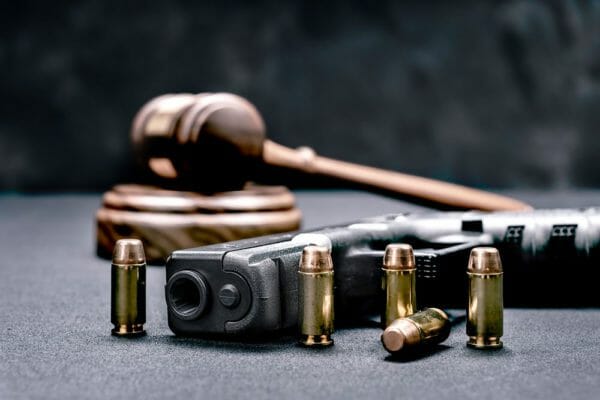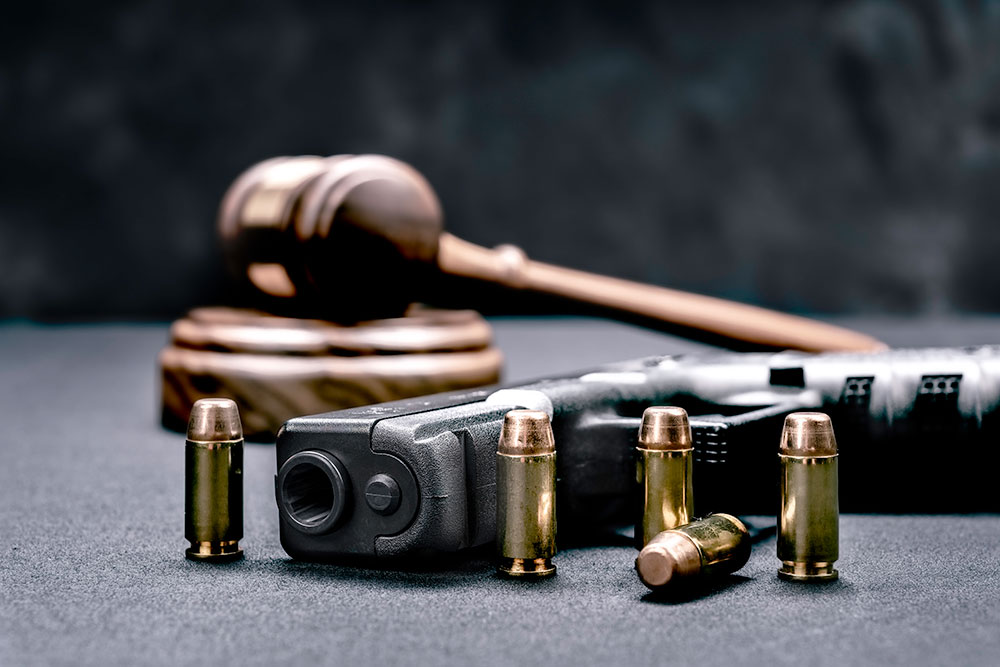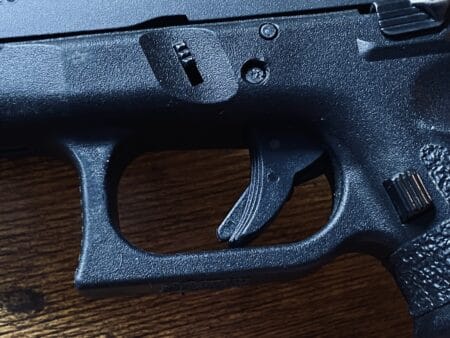
The United States Supreme Court announced it would review a significant Second Amendment challenge to Hawaii’s firearm carry restrictions. In the case of Wolford v. Lopez, the Court granted certiorari limited to the first question presented by the petitioners, focusing on whether Hawaii’s stance that private property open to the public can be presumptively designated a gun-free zone unless the property owner posts a notification that guns are allowed. The plaintiffs claim that the state’s “Vampire Rule” violates the Second and Fourteenth Amendments.
This decision comes amid ongoing national debates over gun rights following the Court’s landmark 2022 ruling in New York State Rifle & Pistol Association v. Bruen, which struck down restrictive concealed carry laws and established a history-and-tradition test for evaluating firearm regulations. The Wolford case could provide crucial guidance on how states can define “sensitive places” where guns may be prohibited, potentially affecting similar laws nationwide.
The controversy stems from Hawaii’s Act 52, enacted in 2023 in response to the Bruen decision. The law expanded the list of locations deemed “sensitive places,” banning the carrying of firearms in areas such as public parks, beaches, banks, medical facilities, and any bar or restaurant that serves alcohol. Petitioners Jason Wolford, Alison Wolford, and Atom Kasprzycki, all Maui residents with concealed carry permits, and the Hawaii Firearms Coalition (HFC) argue that these restrictions effectively nullify the right to public carry for self-defense, covering an estimated 96.4% of publicly accessible land in Maui County.
The plaintiffs contend that Hawaii’s approach lacks historical analogues required under Bruen, where the Court emphasized that modern gun laws must align with the nation’s historical tradition of firearm regulation. They highlight that early American laws did not broadly prohibit the carrying of arms on private property open to the public, and that Hawaii’s bans extend far beyond traditional sensitive locations noted by the Supreme Court, including schools or government buildings.
Hawaii’s “default rule,” which prohibits carrying firearms on private property open to the public (such as stores or businesses) without express permission from the owner, is a reversal of the common-law presumption allowing carry unless prohibited. This rule, plaintiffs argue, creates a circuit split with decisions like Antonyuk v. James from the Second Circuit. The petition also raised a First Amendment claim that the private property rule compels speech by forcing owners to post signs or authorizations. The Supreme Court limited its review to the vampire rule, leaving the other matters unaddressed for the time being.
The case originated in the U.S. District Court for the District of Hawaii in June 2023, where the petitioners sought declaratory and injunctive relief against Attorney General Anne E. Lopez. The Ninth Circuit Court of Appeals upheld the restrictions in a decision dated September 6, 2024, finding sufficient historical support for the bans. An en banc rehearing was denied on January 15, 2025, paving the way for the Supreme Court petition, which was filed on April 1, 2025.
The path to the Supreme Court involved extensive briefing and preparation. Following the petition, multiple extensions were granted for the respondent’s response, which was filed on June 4, 2025. Petitioners submitted a reply on June 16, 2025, and the case was distributed for conference on September 29, 2025. Supplemental briefs were exchanged in September 2025, just before the grant.
Notably, the case attracted significant interest from outside parties. Amicus curiae briefs supporting the petitioners were filed by groups including Gun Owners of America, the Second Amendment Foundation (SAF), the National Association for Gun Rights (NAGR), the Second Amendment Law Center, the Foundation for Moral Law, the Buckeye Institute, and the Association of New Jersey Rifle & Pistol Clubs (NJRPC). A coalition of states led by Montana also weighed in, as did the United States itself on May 1, 2025. These filings underscore the case’s broader implications for Second Amendment jurisprudence.
“The Vampire Rule is the most onerous law in Hawaii regarding concealed carry,” said Alan Beck, attorney for the petitioners. “As a practical matter, businesses are not going to post a sign that it is OK to carry a gun.”
If the Supreme Court rules in favor of the plaintiffs, it could invalidate similar restrictions on sensitive places on private property in other states, thereby further clarifying public carry rights following the Bruen decision. Critics of the laws argue they undermine self-defense in everyday public spaces. At the same time, supporters, including Hawaii officials, maintain they are necessary for public safety amid rising concerns over gun violence.
Oral arguments are expected in the coming term, with a decision likely by June 2026. This case joins a growing docket of Second Amendment challenges, including the recent ruling in United States v. Rahimi, and signals the Court’s continued engagement with the fallout from Bruen.
Is the Department of Justice Fulfilling Their Role? It’s Time to go ‘Full Speed Ahead!’
About John Crump
Mr. Crump is an NRA instructor and a constitutional activist. John has written about firearms, interviewed people from all walks of life, and on the Constitution. John lives in Northern Virginia with his wife and sons, follow him on X at @crumpyss, or at www.crumpy.com.







in the time Bruen is concerned about, there were NO LAWS against possession o arms. Only when someone misused them were they charged and tried. As always, it ain’t the arrow its always the Indian.
When someone murdered another, the charge was always the murder. tool o choice was never an issue. Didn’t matter whether the killer used his horse pistol, Brown Bess, his dirk, or Lizzie Borden’s axe. The crime was the murder, the tool was never the issue.
So there was no need to place restrictions on who can have what. Only what was done with them.
That’s wonderful news for the folks in blue hellholes that for one reason or another can’t move to a State that respects individual liberty, the Constitution, the Bill of Rights, and Supreme Court decisions. I’d have much preferred a case involving AWBs and ammunition feeding device bans be heard and ruled in our favor. The only way Wolford v. Lopez is a victory is if SCOTUS slaps down the inferior courts so hard they all need dentures and leaves no doubt that the operative clause of the Second Amendment means just what it says. But they really need to take… Read more »
It’s all bullsh!t waiting another year for them to take a case. These fukbags on the Supreme Court need to do better jobs and work harder instead of fuking off second amendment cases.
Shall not be infringed.
All rules and and laws are null and void and any new laws that infringe will be met with swift justice by hanging in a public square.
Done. I wrote the decision in 10 seconds.
read the history about the day our war to put the King o England back ino his proper place As the militia at Lexington gathered on the green on the news that General Gage’s army were coming to Lexington, to get out o the cold they went inside Buckman’s Tavern to wait and eat. They brought their muskets inside, as was normal practice. Many o the towns also had laws mandating that, as people went to their church meetings, the men were required to go armed as their households walked through town to get to the meeting house. We also… Read more »
Buybacks. Isn’t it great anytime liberals and pigs finally come together?
goobers that should be afraid of us attacking the people so they stay in control